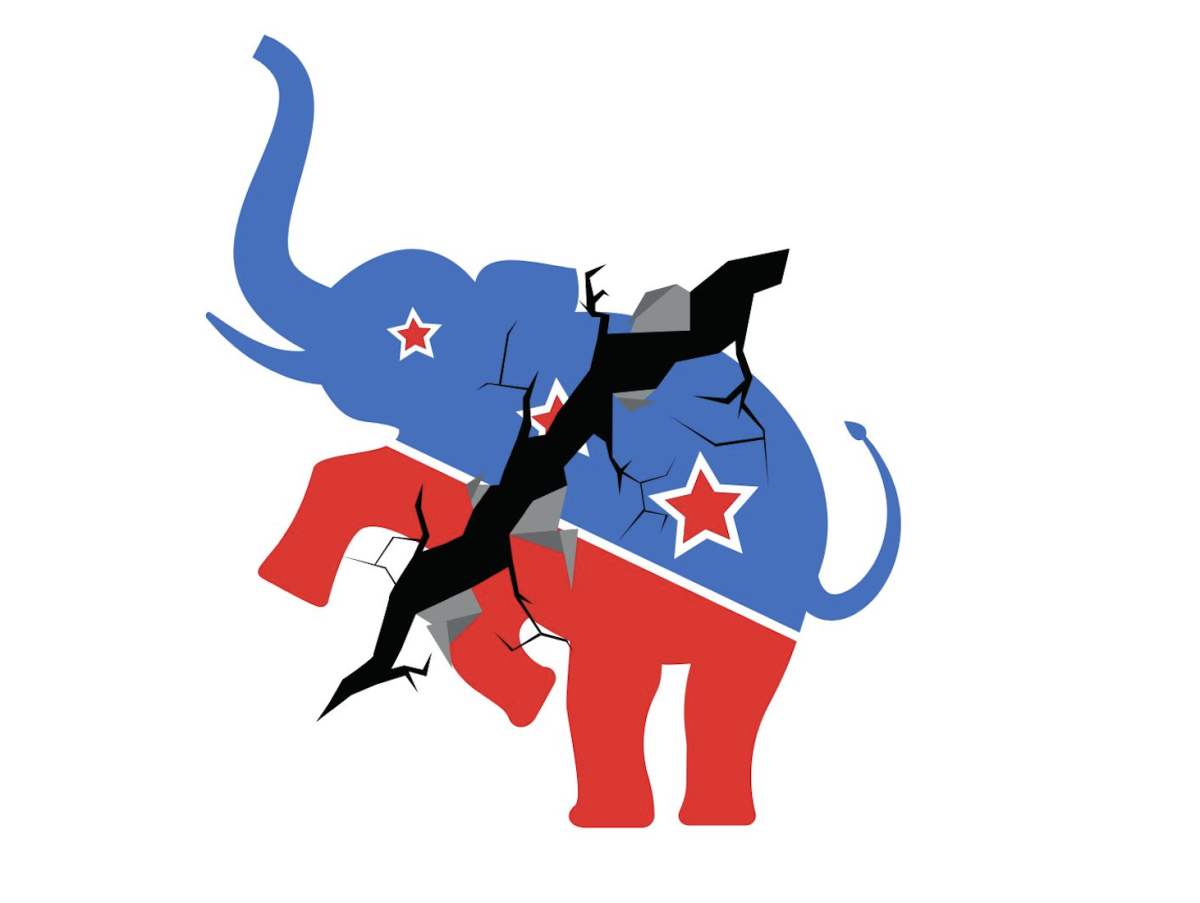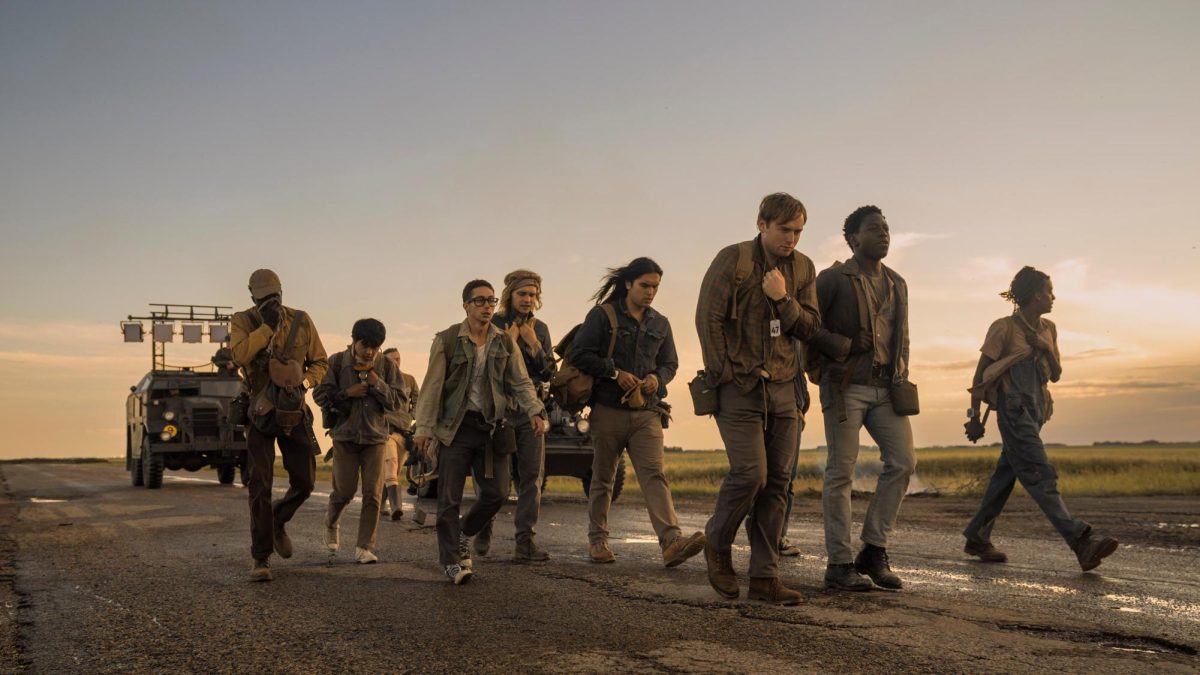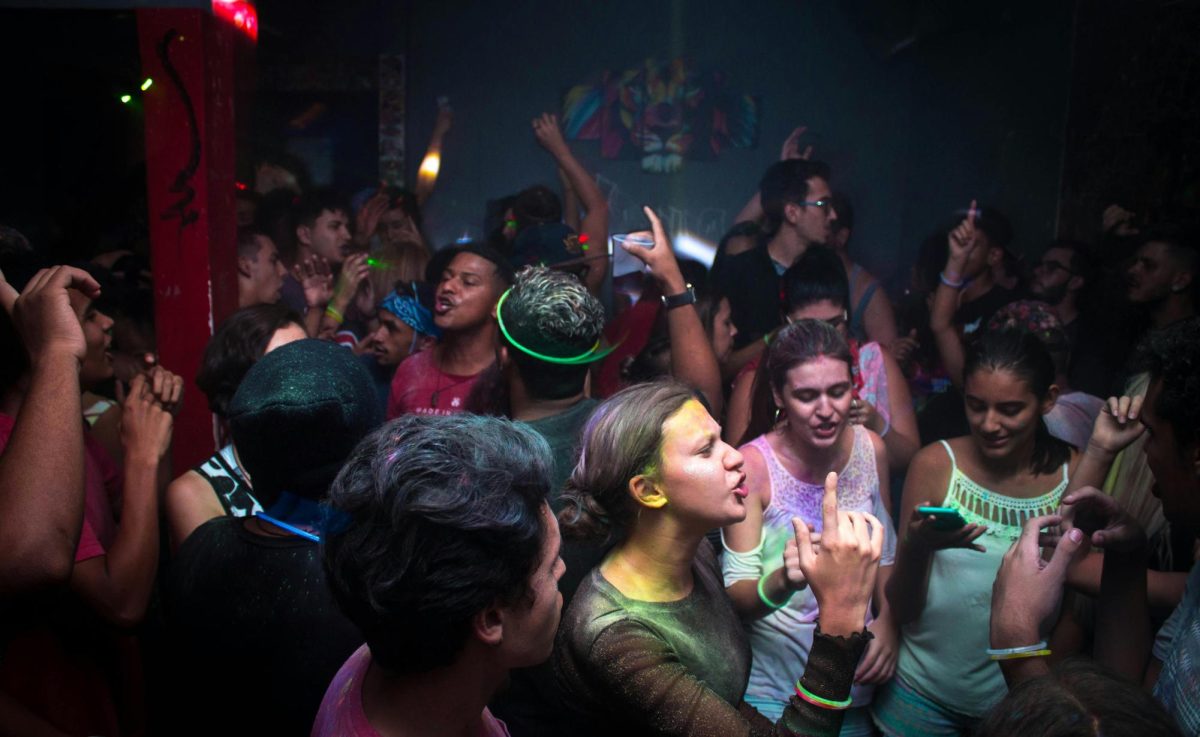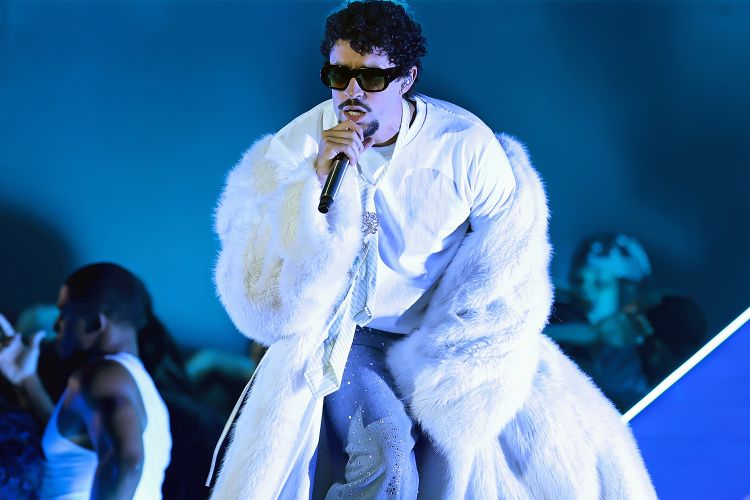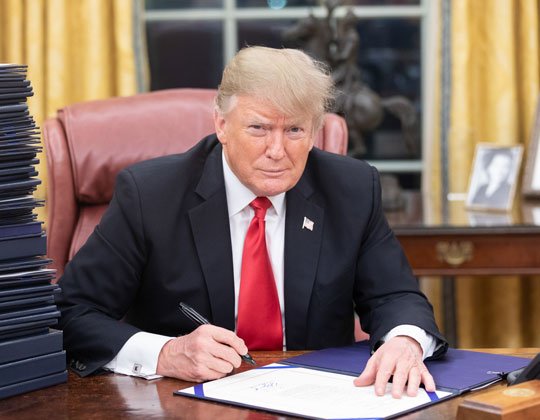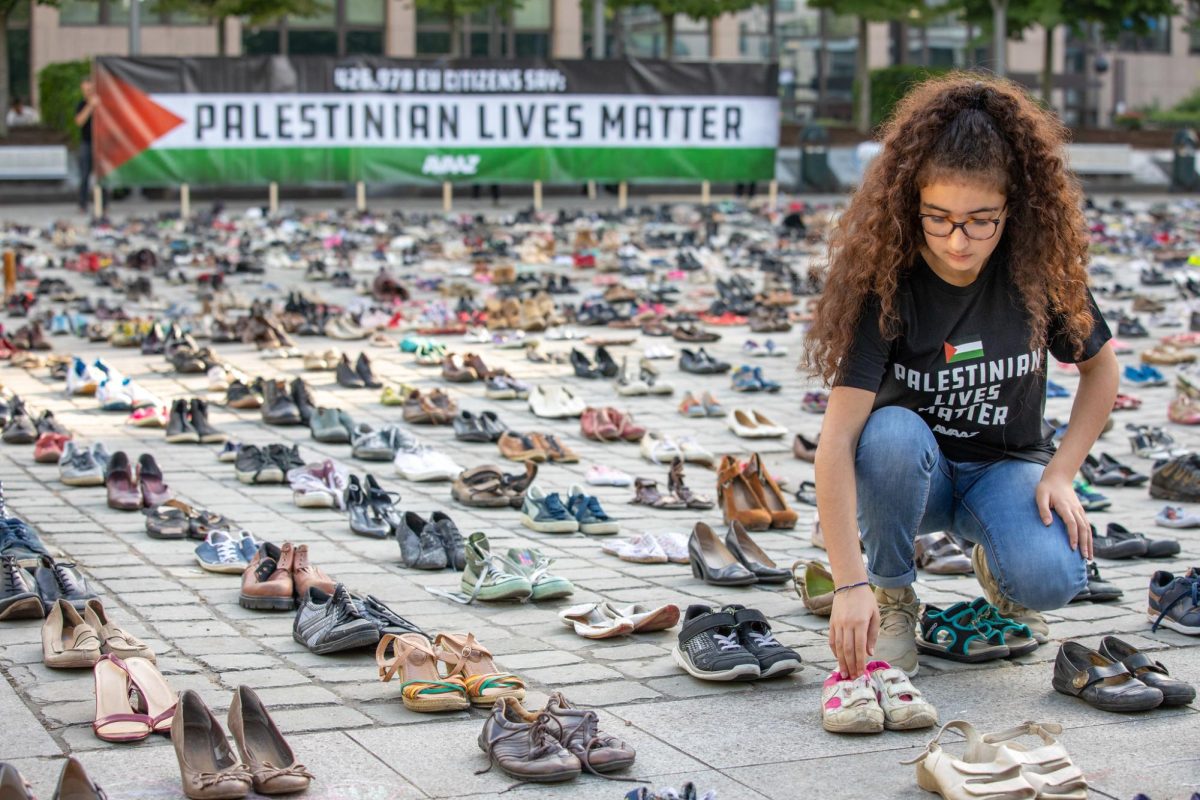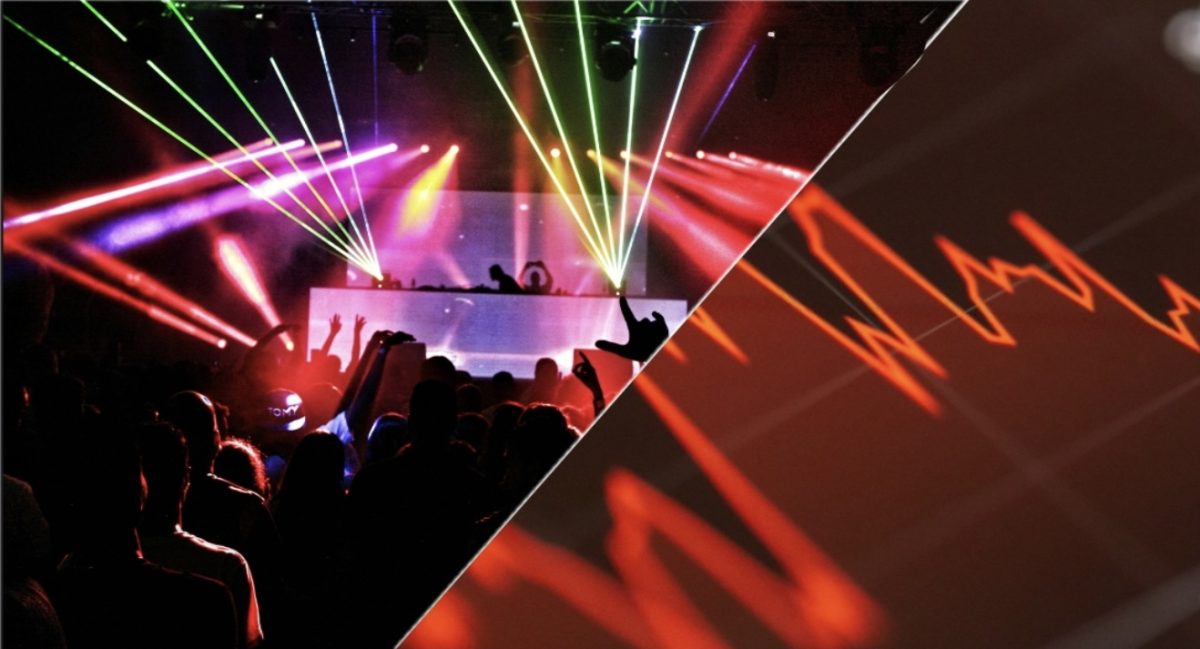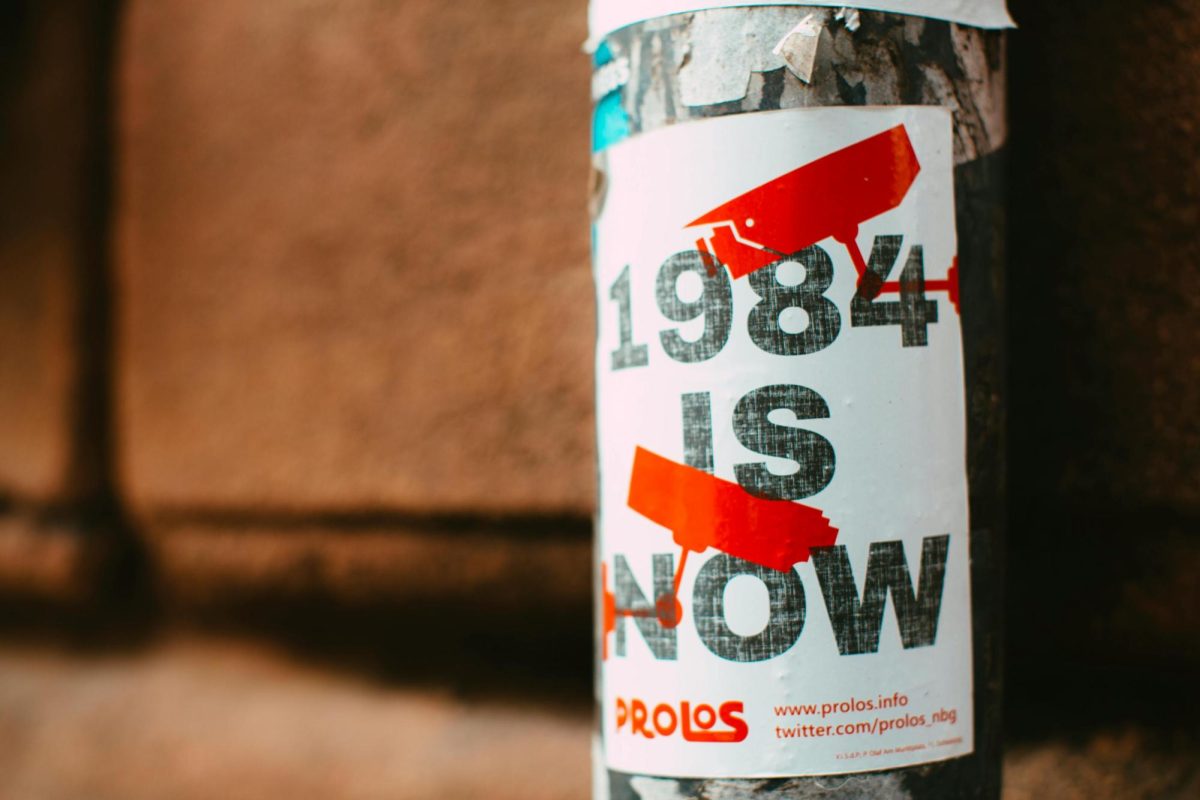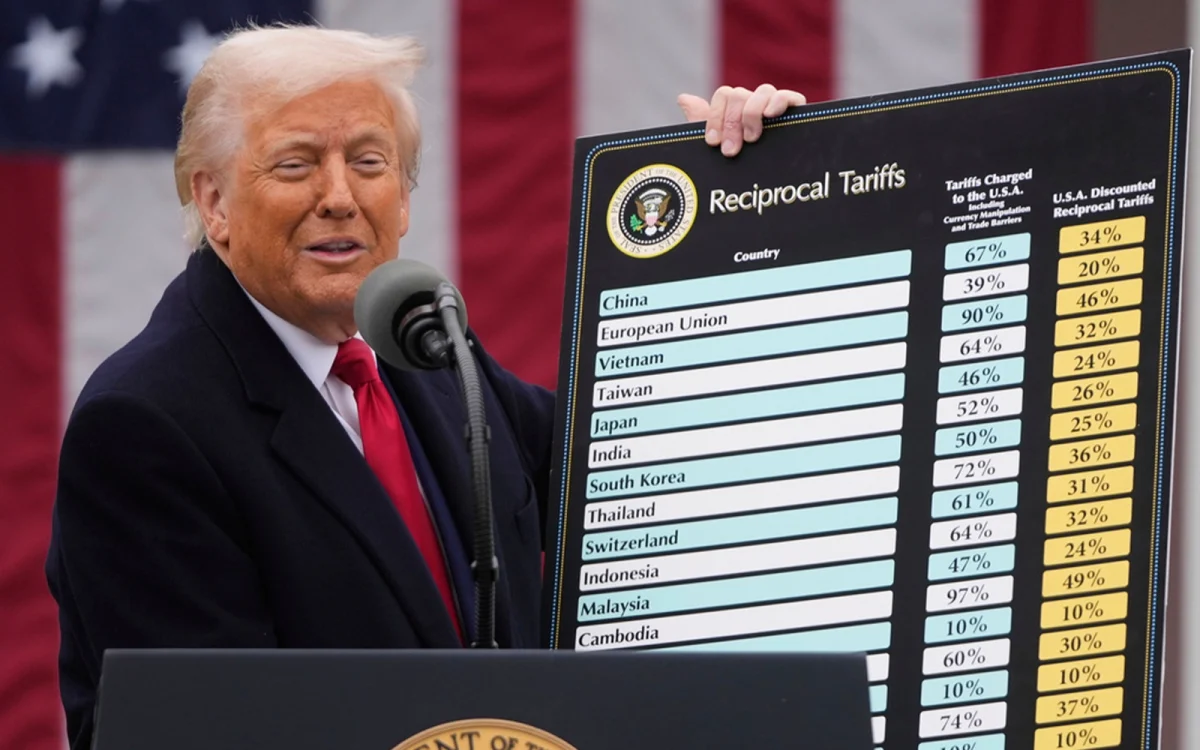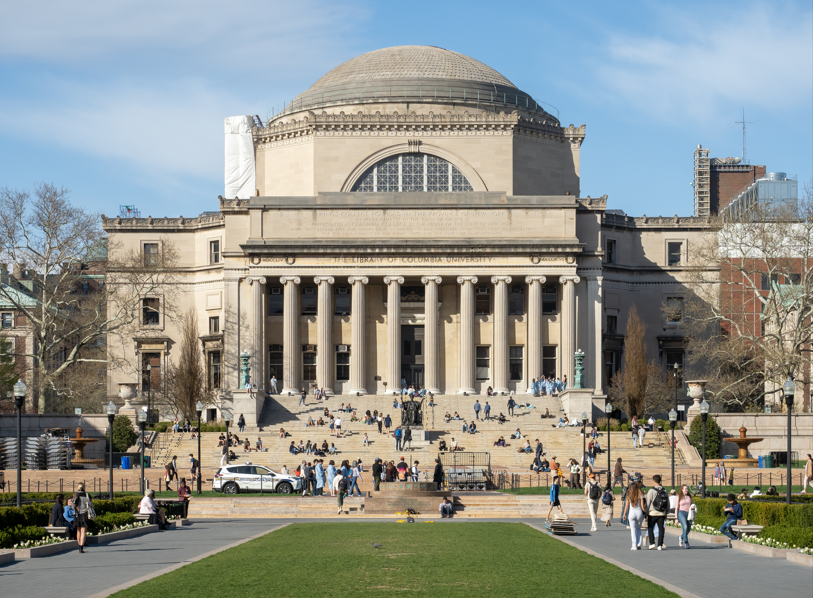Buildings are on fire. The flames are only half as hungry as the youth malnourished from the neglect of a seemingly uncaring government. They carry signs supporting slogans of public outcry, enraged and incensed at the injustices of day to day life. In the wake of the latest technology, which makes the offense of public leaders eternally more visible to the public than ever before, the kids are angry.
This description, despite its facade of specificity, could describe a number of movements, from the Vietnam war protests in the United States to recent efforts by young people in Nepal. The protests in Nepal, which were marked by the media for its youth-led and focused dynamics, were recorded on national levels. Aptly nicknamed the Gen-Z Protests, they came in response to a social media ban which, protesters observed, was intended to restrict the knowledge of the vast inequality of wealth in the country. The rage broke the surface of social media and came instead to the streets of Nepal, lasting for several days in early to mid September of this year. Its destructive qualities were labeled as a “youth-quake.” Although protests which shift towards violence often earn expansive ire, Gen-Zers successfully managed to acquire the resignations of the Prime Minister and other officials.
Nepal, however, is not the only country to note recent protests led by their youngest citizens. Gen Z Moroccans also voiced massive upset against their government in some of the largest protests in years. It seems, undoubtedly, that change is on the rise, and that it’s the youth that has finally stepped up to ensure the change is felt. Indeed, protests continued to be ushered in around the world, often heralded by our youngest generation. Many have been wondering if Gen Z has become immortalized in their actions as the world’s saviors.
One writer from Utblick Magazine disagrees, writing, “Gen Z is just trying to survive in this world…[they] care about the world—a lot…However… it’s proving difficult to remain hopeful.” As part of Gen Z, I’m inclined to agree. To characterize the rise in global protests as being the product of a generation centered on change is to dismiss the reality that these protests are in response to great threats to humanity. In other words, the public outcry is not because the youth of today are somehow marked for greatness, but rather because there are forces impacting the public which are in need of an outcry, and it is the youth who responds.
We cannot decentralize the crises which caused these protests to emerge by focusing more on lauding the protesters than holding the governments which oppressed them accountable. By all means, recognize and applaud the work of activists; but as one of these Gen Z “trying to survive” by engaging in activism, don’t forget what it is we’re fighting for. Ensure someone is answerable to the threats to our livelihood.
Admittedly, this incurs the question— if the youth of today aren’t somehow unique, then why are they leading these protests? The honest answer is that the youth have always been the ones highlighting activism. It’s the young people that go out into the streets to protest, not Gen Z specifically. Before the youth of today, there was the youth of yesterday and long before. Gen Z just happens to be the ones who are young right now.
That isn’t to say we should be diminishing the efforts of my fellow surviving Gen Zers. Nepal’s youth has undoubtedly created a greater sense of justice not only in their own country, but also in the entire world. The courage that takes is indefinable. I am astonished by the work they have accomplished.
My criticism is instead for the public response to their indescribable courage; especially the response from older individuals. The idea that Gen Z will “save the world” is a narrative which seems to make previous generations out to be helpless, as if they too are not agents of change. They are placing their hope in the youth, they say, and in turn placing the role of savior into the open palms of literal children. As a member of Gen Z, I’d like to say: we may seem like we’re going to change the world, but we’re scared, too.
It has so often been on the youth to create change. This is true for young people around the world today, but also for young people decades ago. Consider protests against the Vietnam War over fifty years in the past, led largely by college students watching atrocities unfold on their television screens. They were compelled, by their morals and ethics, regardless of their age, to go out into the streets in protest. Not because they were the generation of change, but because it has always been a hallmark of the youth to act on their indignance. Today, those protesters are a part of one of the oldest generations in the United States. There truly is no single generation which defines change. It is an organism, thriving within each of us. And if the persistent dedication of the citizens of Nepal and Morocco is any indication, it’s ready to break free.

